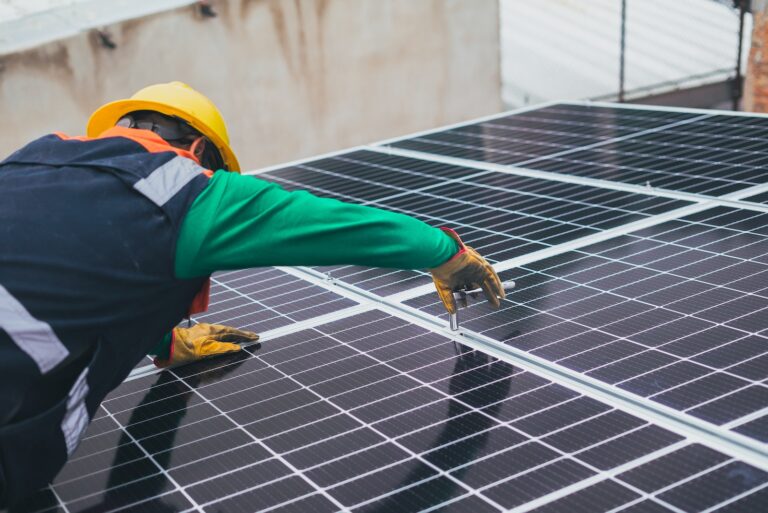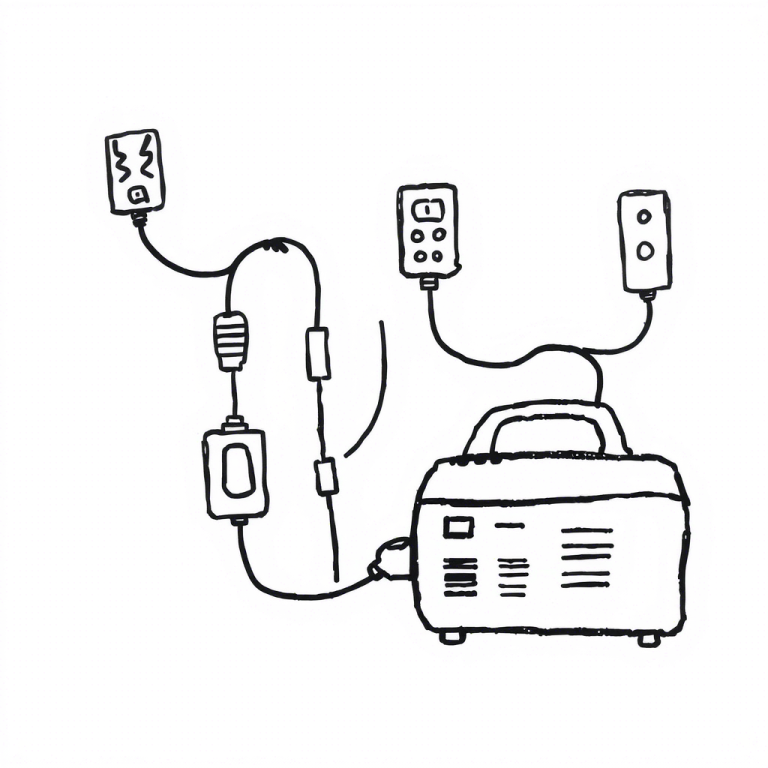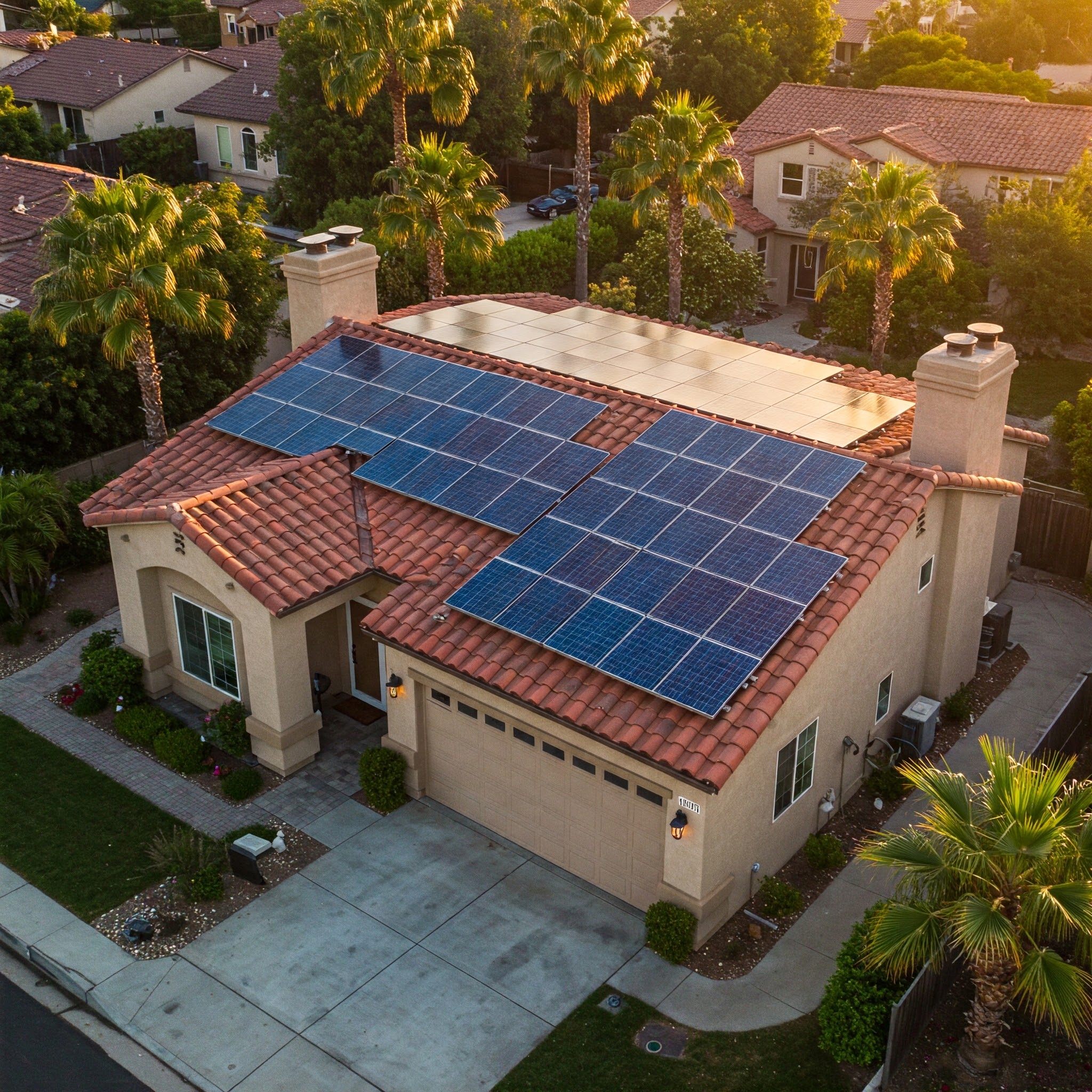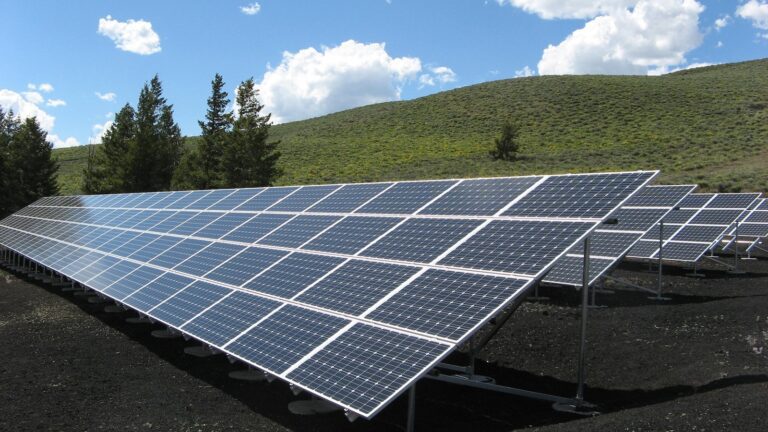Solar Panel Output in Winter Versus Output in Summer
The output of a solar panel system is generally lower in the winter months compared to the summer months. This is due to a combination of factors, including shorter daylight hours, lower levels of sunlight, and the angle of the sun in the sky.
During the winter months, the sun is lower in the sky and its light must pass through more of the Earth’s atmosphere before it reaches the solar panels. This can cause the sunlight to be weaker and less intense, which can reduce the output of the panels. In addition, the shorter daylight hours in the winter means that the panels will have less time to produce electricity.
On the other hand, during the summer months, the sun is higher in the sky and the daylight hours are longer, which can increase the output of the panels. The stronger and more intense sunlight during the summer can also improve the performance of the panels.
It is important to note that the output of a solar panel system can also be affected by other factors, such as the location of the panels, the efficiency of the panels themselves, and the weather conditions. For example, a solar panel system that is located in a cloudy or overcast area may have a lower output year-round compared to a system that is located in a sunny location.
How Much Do Solar Panels Generate in Winter?
The amount of electricity that solar panels generate in the winter months will depend on a variety of factors, including the location of the panels, the efficiency of the panels, the angle at which the panels are installed, and the weather conditions. In general, solar panels will produce less electricity in the winter compared to the summer months due to shorter daylight hours, lower levels of sunlight, and the angle of the sun in the sky.
However, it is difficult to provide a specific estimate for how much electricity solar panels will generate in the winter, as these factors can vary significantly from one location to another. For example, a solar panel system in a sunny location may produce more electricity in the winter compared to a system in a cloudy location. It is also worth noting that some solar panel systems are equipped with features such as tracking systems or high-efficiency panels that can help to maximize their output in the winter months.
If you are considering installing a solar panel system, it is a good idea to work with a professional solar installer to determine the best location and orientation for your panels. This will help to ensure that your panels are able to generate as much electricity as possible, regardless of the season.
How Much do Solar Panels Generate in Summer?
Solar panels generally generate more power in the summer months compared to the winter months. This is due to a combination of factors, including longer daylight hours, higher levels of sunlight, and the angle of the sun in the sky.
During the summer, the sun is higher in the sky and its light must pass through less of the Earth’s atmosphere before it reaches the solar panels. This can cause the sunlight to be stronger and more intense, which can improve the performance of the panels. In addition, the longer daylight hours in the summer mean that the panels will have more time to produce electricity.




